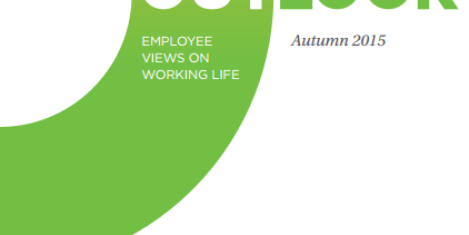December 4, 2015
Zero-hours contract employees happy as permanent, full-time staff 0
 People working on zero-hours contracts have less pressure and a better work-life balance than full time employees, a survey published by the CIPD claims. Zero-hours employees experience similar levels of job satisfaction and personal wellbeing to employees on permanent, full-time contracts and also report comparable satisfaction levels in their relationships with managers and colleagues. However, the report also shows that, while the majority of zero-hours employees choose to work part-time, they are more likely than part-time employees to say they would like to work additional hours. The research also updates the CIPD estimate of the number of employees on zero-hours contracts, which has increased from 1 million in 2013 to 1.3 million in 2015. The proportion of zero-hours contract employees who are either very satisfied or satisfied with their jobs is 65 percent, compared to 63 percent for all employees.
People working on zero-hours contracts have less pressure and a better work-life balance than full time employees, a survey published by the CIPD claims. Zero-hours employees experience similar levels of job satisfaction and personal wellbeing to employees on permanent, full-time contracts and also report comparable satisfaction levels in their relationships with managers and colleagues. However, the report also shows that, while the majority of zero-hours employees choose to work part-time, they are more likely than part-time employees to say they would like to work additional hours. The research also updates the CIPD estimate of the number of employees on zero-hours contracts, which has increased from 1 million in 2013 to 1.3 million in 2015. The proportion of zero-hours contract employees who are either very satisfied or satisfied with their jobs is 65 percent, compared to 63 percent for all employees.
































November 25, 2015
This might be the reason why firms are failing to fully engage their employees 0
by Matias Rodsevich • Comment, Knowledge, Technology, Workplace
(more…)